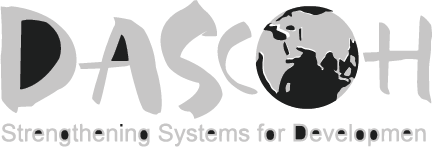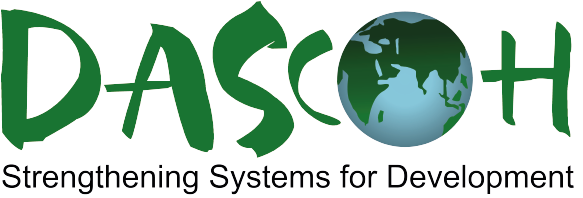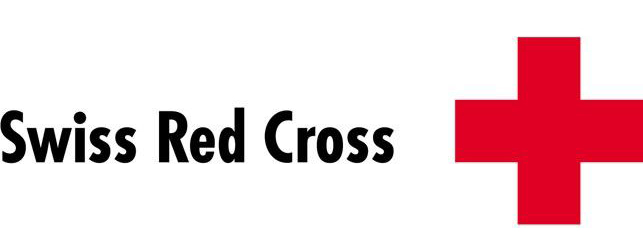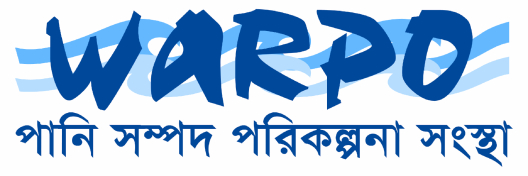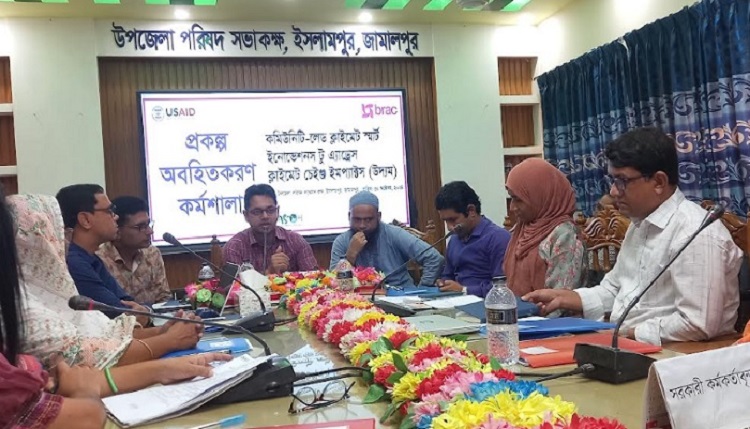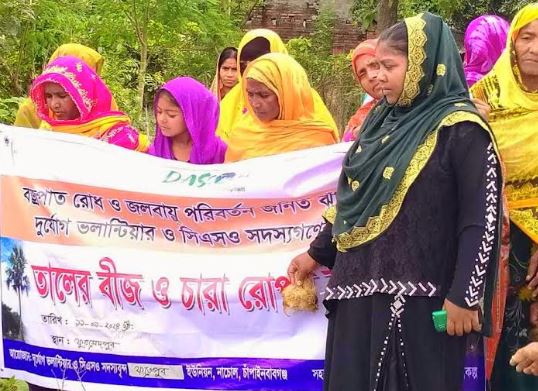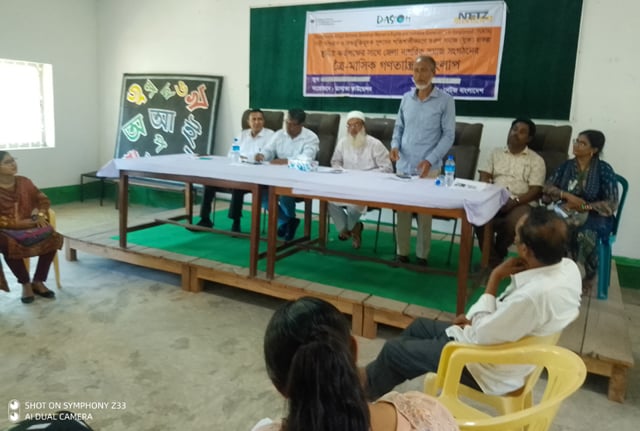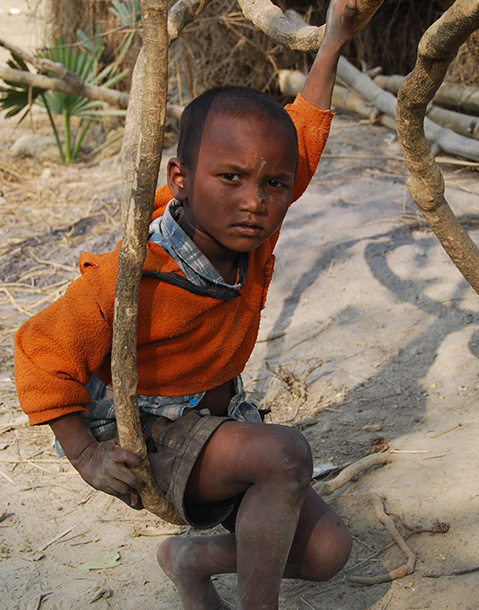
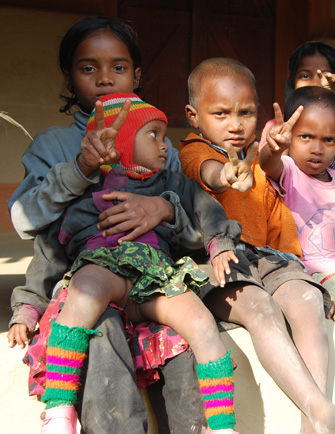


Strengthening Systems
For Development
Since establishment DASCOH foundation is working as a self-reliant organisation with wide-ranging capacities in health systems strengthening, WASH and integrated water resource management (IWRM), and in cross-cutting domains such as promoting good local governance, institutional development, gender mainstreaming and conflict-sensitive programming. DASCOH’s focus areas have constantly been evolving and expanding; it now covers five main strategic directions that are Public Health, Climate Resilience, Human Rights, Quality Education and Livelihood Development
Vission
DASCOH envisions a poverty-free society in which all citizens having equitable access to resources, services and opportunities enabling them to realise their full potential and wellbeing.
Mission
Empower poor and disadvantaged communities to overcome poverty, illiteracy, disease, and social injustice through programming aligned with their needs and foster partnerships that enable to realise their potential.
Our Impact
Our impactful initiatives encompass a holistic approach, emphasizing public health advancements and bolstering climate resilience. With a steadfast commitment to upholding human rights, we strive to create an inclusive environment, promoting quality education for all. By fostering livelihood development, we empower communities, ensuring sustainable growth and prosperity in the year 2022.

People reached through RMCH care
in Rajshahi, Naogoan, Chandpur, Lakshmipur, Mymensing and Netrokona District. Strengthened public health care institutions to render universal and quality health, nutrition and sanitation services.

People reached through integrated water resource management
in Rajshahi, Chapai Nawabganj and Naogoan. Reinforced community resilience to climate change and disaster risks, with a particular focus on water and environment.

People reached through protection of women rights
in Rajshahi, Chapai Nawabganj and Naogoan. Human rights and inclusive governance ensured
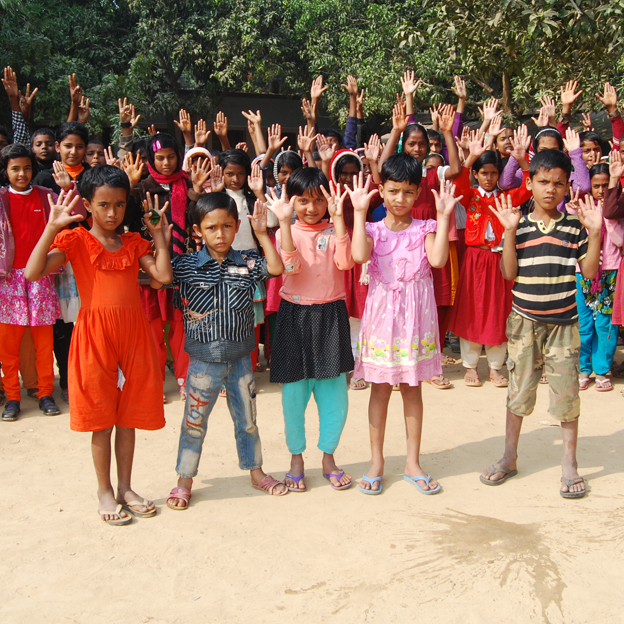
People reached through quality education
in Rajshahi and Chapai Nawabganj District. Equitable access and sustained enrolment of all to quality pre-primary, primary and secondary education
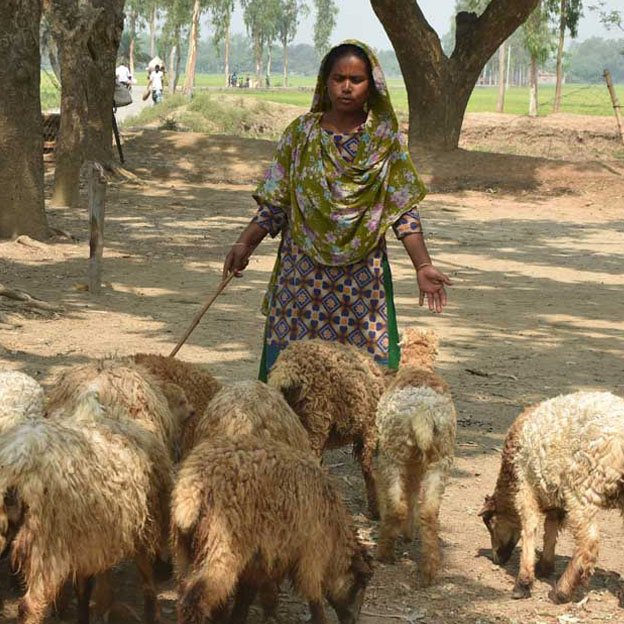
People reached through improve livelihood
in Rajshahi, Chapai Nawabganj and Naogoan District. Improved livelihood for the poor and marginalised.

WHAT WE DO
DASCOH is leading in Bangladesh to plan, develop and manage health, human rights, quality education, livelihood of the climate vulnerable and sustainable integrated water and environment management related projects.
The challenges ahead of us

Population
Bangladesh is the eighth-most populated country in the world with 165,158,616 people and a population density of 1,119 persons per square kilometre. One-third of the population is under 15 years of age and more than half of the population is under 25 years of age. This youthful age structure creates significant ‘population momentum’ for the future, requiring Bangladesh to capitalize on the demographic dividend of the working population in the short term...

Economy and Poverty
The average economic growth rate of 6% over the period from 2004 until 2019 has pushed per capita incomes to US$ 1,906 placing Bangladesh amongst the lower Middle-Income Countries. Riding on this steady growth, Bangladesh has fought poverty hard and well, bringing down the poverty level from 59 % in 1991 to 20.5 % in 2022, according to the data of Bangladesh Bureau of Statistics (BBS). During the same period, extreme poverty fell from 43 to 10.5. ..

Governance
Promoting good governance and accountability is critical to advancing economic growth, health, education, and the ability to provide high-quality public services. Although Bangladesh has made significant progress, the equitable distribution of developmental benefits, especially among vulnerable population, continues to be elusive. A strong local government with well-defined responsibilities and accountability system can galvanize ...

Public Health
There have been remarkable achievements in attaining MDG indicators, like reducing under five mortality rates from 144 to 32 per 1,000 live births from 1990 to 2018 and the maternal mortality ratio from 479 to 173 per 100,000 live births from 1995 to 2015. Still, only 21% of pregnant women in Bangladesh receive at least four antenatal care visits, just 31% of births are delivered at health facilities, and skilled birth attendants assist only 41% of women during childbirth...
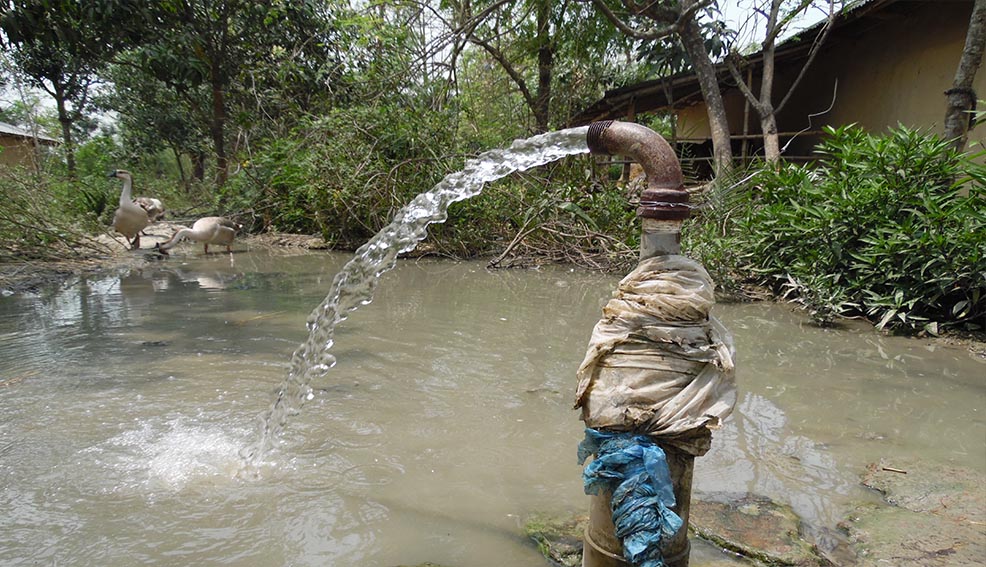
Water Governance
The water sector worldwide is increasingly passing through a crisis. In Bangladesh, many efforts have been made to improve safe drinking water coverage by optimizing the use of water for irrigation, industrial and other uses; however, overlooking the holistic perspective of sustainable development. The Bangladesh Water Act (BWA) of 2013 provides opportunities for sustainable change. It outlines a coordinated and comprehensive regime for the development, management, extraction, allocation, use and conservation of...

Climate Change and Disaster
Bangladesh consists is among the countries most vulnerable to the effects of climate change. It has been subjected to natural hazards, regardless of climate change, but global warming is leading to deadlier disasters and threatening more lives. The geography, dense population and extreme poverty make Bangladesh more vulnerable to disasters and tropical cyclones are estimated to seriously affect agriculture, water, livelihood and food security, and health and shelter for many ...

Human Rights
The constitution of Bangladesh established equal rights for women and men in "all spheres of the State and public life.” Although the past four decades have seen increased political empowerment of women, better job prospects, increased opportunities of education but despite the new laws to advance child and women rights, child marriage and gender-based violence remain unabated in Bangladesh. Cases of violence against women are high, especially rape ...

Quality Education
The most major setback for children in primary and secondary schools is quality of education, which leads to low learning outcomes and eventually, dropouts. Under-qualified teachers, inadequate infrastructure, poor nutrition and food security all affect learning. Teacher supervision, monitoring and accountability lack strength. Though primary enrolment is at 98 per cent, only 67 per cent qualify for secondary education and even less, 22 per cent, reach higher ...

